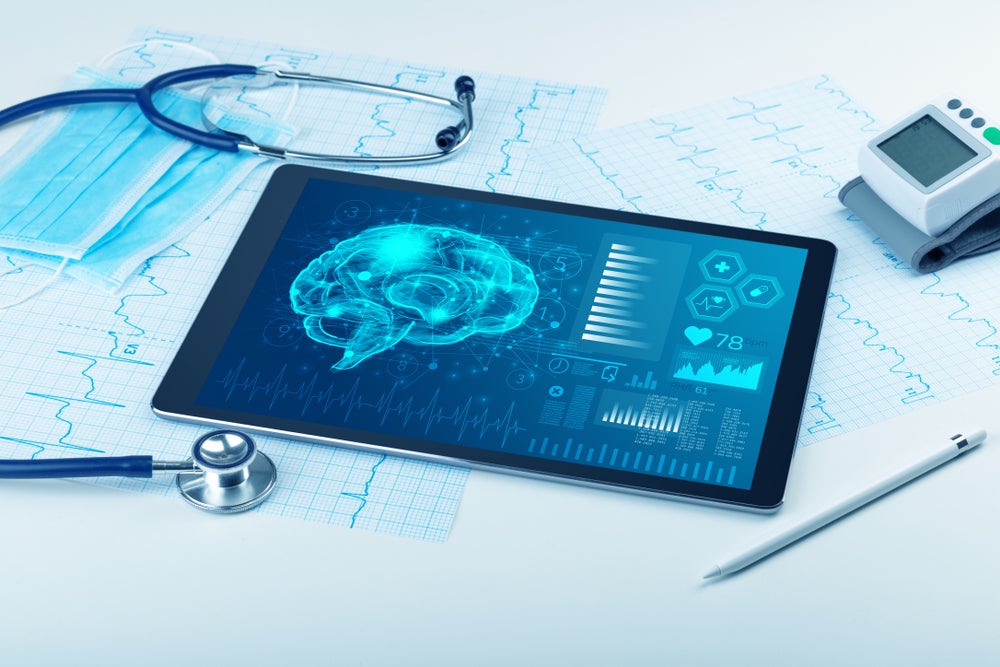Biotronik Neuro has announced that data from the BENEFIT-02 trial demonstrated the effectiveness of the RESONANCE multiphase stimulation paradigm.
The stimulation is utilised in the company's Prospera spinal cord stimulation (SCS) system for the treatment of chronic pain in patients.
Using less power and an advanced integrated circuit design, RESONANCE offers a continuous, spatially and temporally distributed therapeutic pulse pattern across the spinal cord.
The randomised, single-blind, multicentre prospective feasibility study evaluated the effectiveness and safety of the new charge-distributed multiphase stimulation paradigm during an extended SCS study.
It involved participants with chronic low back and leg pain. They have been randomised to multiphase SCS therapy after a successful commercial SCS trial.
Therapy was delivered through an investigational external pulse generator and existing leads during the testing period of 11–12 days after washout.
The study demonstrated no statistically significant difference in mean NRS reduction or per cent pain relief between multiphase therapies A and B among the 65 patients who completed the trial.
Furthermore, 63.9% of participants reported greater pain relief with multiphase compared with commercial SCS therapy in the at-home setting.
Biotronik Neuro president Todd Langevin said: “We developed Prospera to offer patients sustainable pain relief and we believe its proactive care model will have a clinically meaningful impact on lowering long-term failure rates and reducing the service burden of SCS.”
In March of this year, the company received approval from the US Food and Drug Administration (FDA) for the Prospera SCS System.
This system includes a patient-centric care model, Embrace One, which facilitates proactive care through automatic, objective, daily remote monitoring.
















